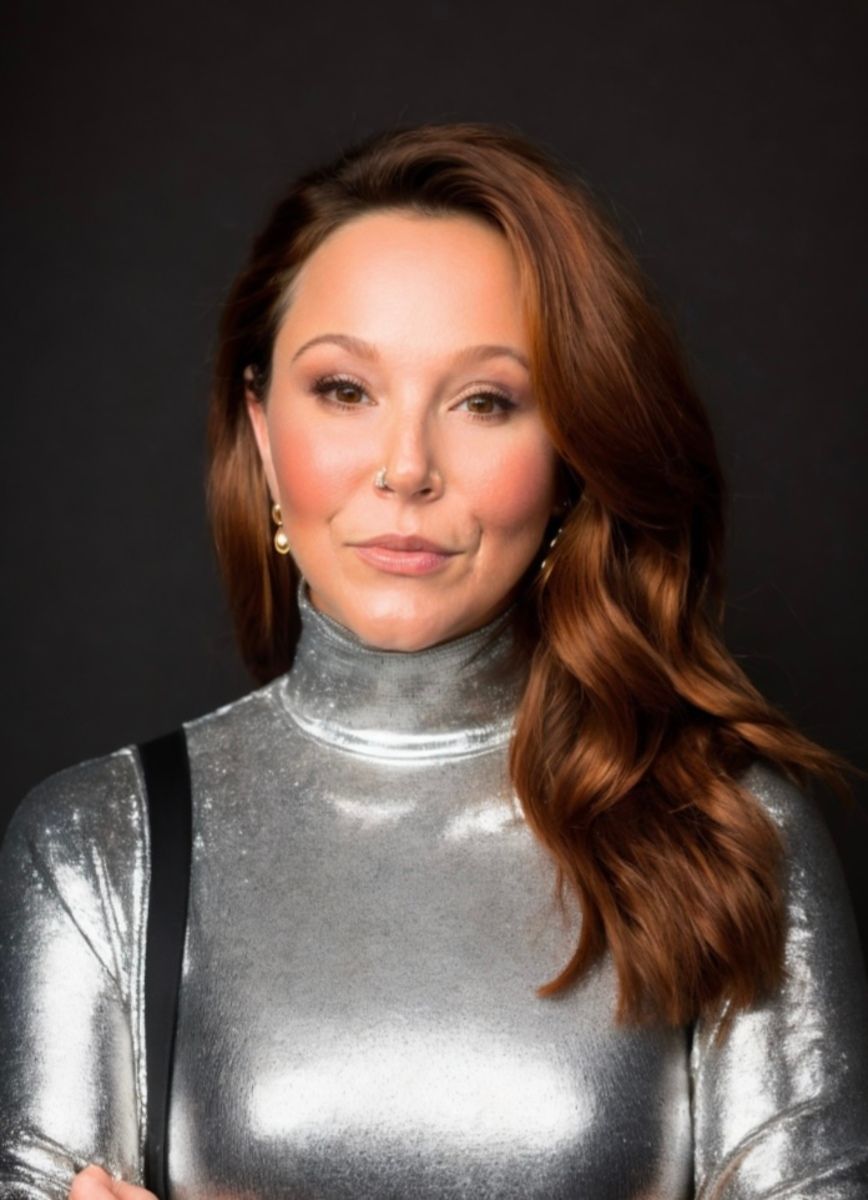After interviewing all over the city, Edgar finally landed what felt like gold. A second interview at Il Buco, one of the most quietly revered restaurants in New York City. The kind of place where lifers stay planted for decades. In restaurant years, that’s a lifetime.
We’d been talking for weeks about his job hunt. The fear. The frustration. The utter exhaustion that creeps in when you start to feel like maybe no one’s really seeing you at all. But the day he met with Steven Bloom, something shifted.
“Oh my god, I just had the best interview ever. Not on my end…I mean, I did good. But the place, the GM, the vibe — I loved everything. I just know I want to work with this guy.”
Edgar didn’t get the job.
But it didn’t matter.
Those two conversations with Steven Bloom lit up something in him I hadn’t seen in a long time. It was like being seen clearly, reminding him that he still belonged in this industry.
Upgrade to a paid Full Book subscription to read the rest.
Become a paying subscriber of Full Book to get access to this post and other subscriber-only content including all of our Friday Deep Dives.
Upgrade

